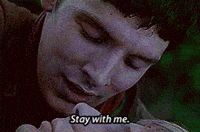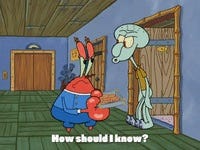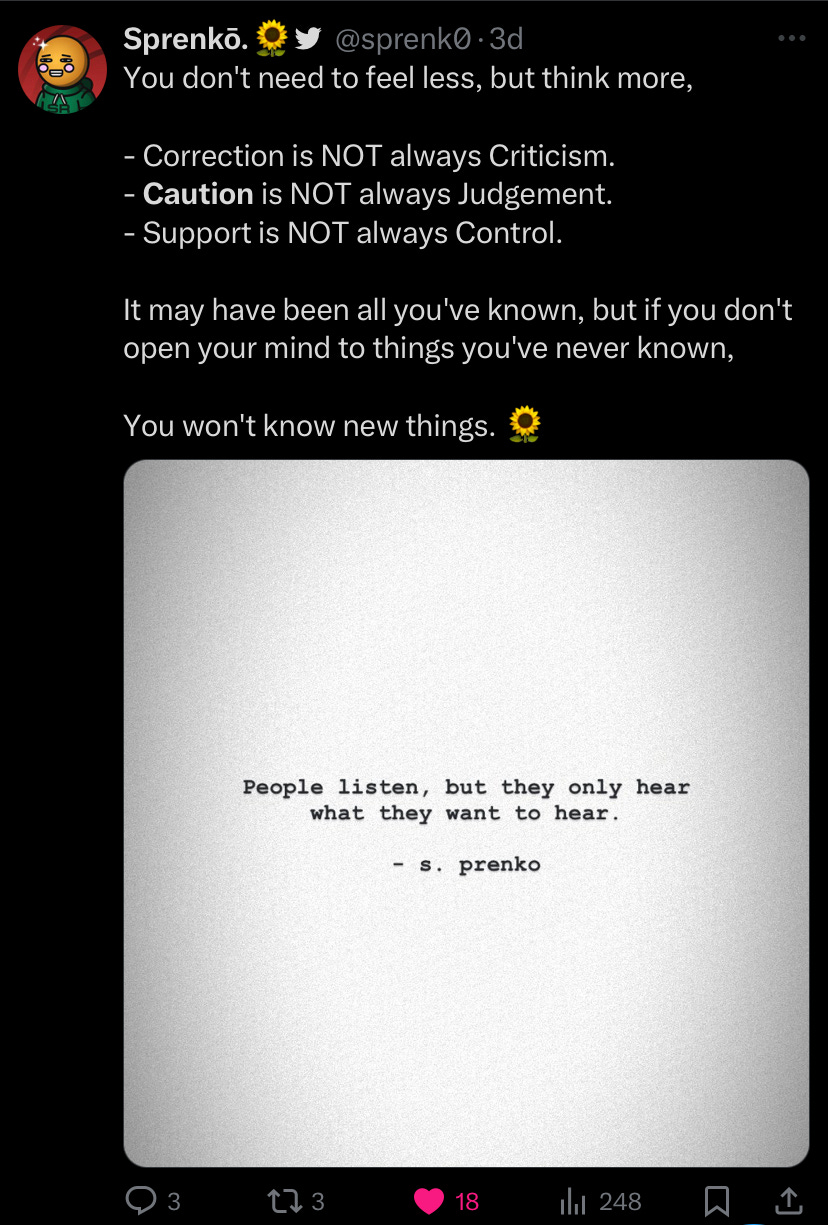You do not have to be Defensive
…To have a voice.

You can have a voice without being defensive.
Have you ever wondered why whenever you bring something up to your friend or partner they feel like you are attacking, criticizing, or telling them they are not good enough? And it does not stop there. There is an overwhelming urge to protect themselves when they feel hurt, shame, sadness, or anger.
Instead of being open to self-reflection, looking beyond what you said or how you said it for a second, and instead, why it was said, and a healthy conversation to jointly figure out how to improve, they snap back, be sarcastic, shut you down, give the silent treatment, or use the entire time to point out things you do that they do not like. I have been guilty of it too, and I will tell you why. Stay with me.
Why do you get defensive?
If you had a rough childhood—strict parents, abuse, neglect, or being rejected or bullied by your peers, there is a high tendency to develop defensive traits. It could also stem from narcissistic abuse in romantic relationships that often leads to low self-esteem and the need to always protect yourself from attack or damage.
It does not mean you are damaged.
If you notice that you get defensive every time, you will realize (or not) that you do so to avoid anything that feels like an attack on your intelligence, character, lifestyle, or decisions.
You may easily find yourself denying the feedback you receive, an urge to justify your decisions or make excuses for your behavior. Sometimes, you shift attention to the other person’s faults to avoid being the only one at the receiving end of being cautioned or corrected.
What are the signs of a defensive behavior?
This is a trait I did not know I had bits of until a few years ago and looking back, the signs are always there if you look closely. Maybe not all, but some include:
Ending the conversation when you sense the other person is right.
Walking away or hanging up the phone because you are not in the mood.
Make excuses to justify whatever you are being criticized about.
Blaming the other person for what they are cautioning you about.
Accuse the other person of doing the same thing some other time.
Bringing up past things the other person did to avoid discussing the current issue.
Tell the other person you are not the reason why they feel how they feel.
Getting angry at the other person for pointing out your wrongdoings.
How then can you be less defensive?
The thing with being defensive is that it does not only harm you but also the relationships you build along the way. Becoming constantly defensive prevents you from growing and healing in friendships or romantic relationships.
A good place to start is to acknowledge that you are defensive. It may be hard to accept, but being honest with yourself is one of the best things you can do for yourself. Once that self-awareness is there, you can continue to work on being less defensive.
Secondly, remember that caution does not invalidate your emotions.
Two truths can co-exist.
Your partner or friend can be wrong in their tone or approach to correcting you, and it is also possible to be wrong about how you handled a situation, like enabling a disrespectful interaction. Acknowledging one does not invalidate the other. When you embrace this concept, it becomes easier to accept criticism and self-reflection. See this post for context.
Set values that boost your self-esteem. This works like magic. Rather than dwell on the trauma of constantly being shut up, you align yourself with the person you would like to become, not who you were made to believe you are. The next time you notice you are becoming defensive, you are reminded to react like the newer version of yourself would and outside of your emotions.
Take responsibility for your actions. It does not bite. Instead of immediately reacting to your feelings of being hurt or criticized, you could try taking responsibility for whatever role you might have played in getting there.
Finally, improve your communication skills. Be assertive instead of defensive. If you can communicate your discomfort without yelling, you can communicate how to treat yourself without invalidating the other person and sounding defensive.
Dealing with defensive people can be difficult, but there are ways to navigate it to benefit everyone. Try these instead of insisting on your points and highlighting their defensive behavior.
Ignore the other person’s defensiveness, and focus on good communication and problem-solving, even if it feels difficult.
Be calm in your approach, even if you feel like becoming defensive in return. Two wrongs do not make a right.
Find something that you can agree on, even if it involves being the first to apologize for your approach before trying to problem-solve so that you start on common ground.
Ultimately, our relationship with ourselves is the foundation for our relationship with others. When you treat yourself wth love, compassion, value, and respect, it becomes easier to communicate and comprehend better, which results in less defensive behaviors.
Join the rest of The Real Talk community on Twitter as we discuss ways to have a voice without being defensive.







Fantastic topic and better article.
The list you provided of the ways defensiveness plays out is spot on and a great primer for people to evaluate themselves.
The hard part of being on the receiving end of defensiveness is that the entire tone changes and most often the topic initially raised gets lost. It becomes a fight to even voice your feelings.
And at that point, since you were never heard and your feelings were never validated, the sender is less likely to raise anything in the future.
To further that, in my experience, getting the conversation back on track is nearly impossible because the walls are up and the desire for the recipient to engage was never there.
I struggle mightily to bridge the gap. And since communication is the responsibility of the sender, I just assume my communication style is to blame.
So ultimately, as I stated, I just stop providing any communication about my feelings or thoughts or feedback and just live in my head.
Not awesome.
(Sorry for the wall of text)
improve your communication skills.⬅️ I see great improvement you got there! 👍💪✌️🙏😊